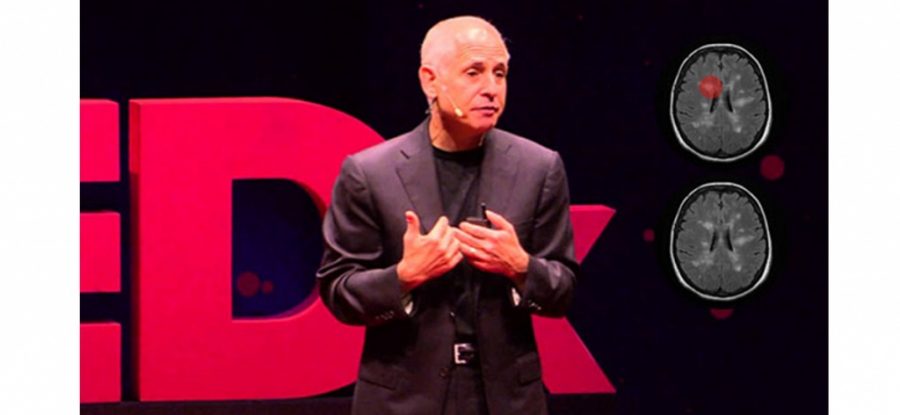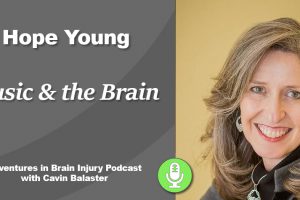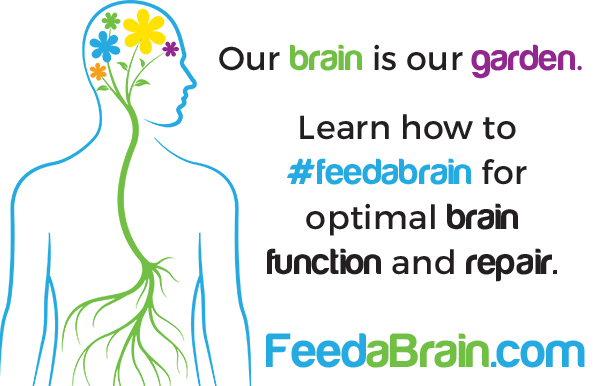In this riveting speech given at TEDxOrangeCoast, Dr. Daniel Amen introduces the most important lesson he and colleagues have learned from looking at 83,000 brain scans. “After 22 years and 83,000 brain scans… the single most important lesson my colleagues and I have learned is that you can change people’s brains. And when you do, you literally change their life.”
Dr. Amen is an American psychiatrist, a brain disorder specialist, director of the Amen Clinics, and a New York Times bestselling author. He also studies brain injuries affecting professional athletes, and serves as a post-concussion expert for the NFL. His work has not been without controversy, however. Amen’s monetary success and method of using SPECT scans to aid in psychiatric and neurological clinical diagnosis have been widely criticized. A self-described “Maverick,” Amen believes his wealth to be a main source of other’s disapproval. Yet, critics of his work argue that his passion for SPECT imaging is shortsighted, that SPECT is an aging technology and doesn’t take into account the importance of brain chemistry. Further, Amen’s diagnostic process requires an injection of a radioactive tracer, and could be potentially dangerous.
You are not stuck with the brain you have. You can make it better and we can prove it.
Undeterred by criticism, it’s clear that Dr. Amen is passionate about his work and raises some interesting points. “Did you know that psychiatrists are the only medical specialists that virtually never look at the organ they treat?” He adds, “Before imaging, I always felt like I was throwing darts in the dark with some of my patients and had hurt some of them, which horrified me!” He goes on to point out that each mental disorder fits inside a spectrum, and that every brain is unique: “Treatment needs to be tailored to individual brains, not clusters of symptoms.”
Perhaps the most sobering point raised in Amen’s speech is the pervasiveness of undiagnosed brain injury in medicine. “Our imaging work also taught us that mild traumatic brain injury ruined people’s lives and no one ever knew about it.” Presenting the brain scan of a 15-year-old boy who suffered a mild TBI the age of three, Amen continues,”Even though he was unconscious for only a few minutes, there was nothing mild about the enduring affect that injury had on this boy’s life.” To Amen, this scan, as revealed by his use of imaging, was the first and only possibility of accurately understanding and diagnosing his problematic behaviors as a teen.” He needed a brain rehabilitation program, not just more medication thrown at him in the dark, or behavior therapy…”
- learn more about Dr. Amen and his clinic (AmenClinics.com)
- Criticisms (Telegraph) (Quackwatch)
img credit: Davepare.com






2 Comments
Leave your reply.